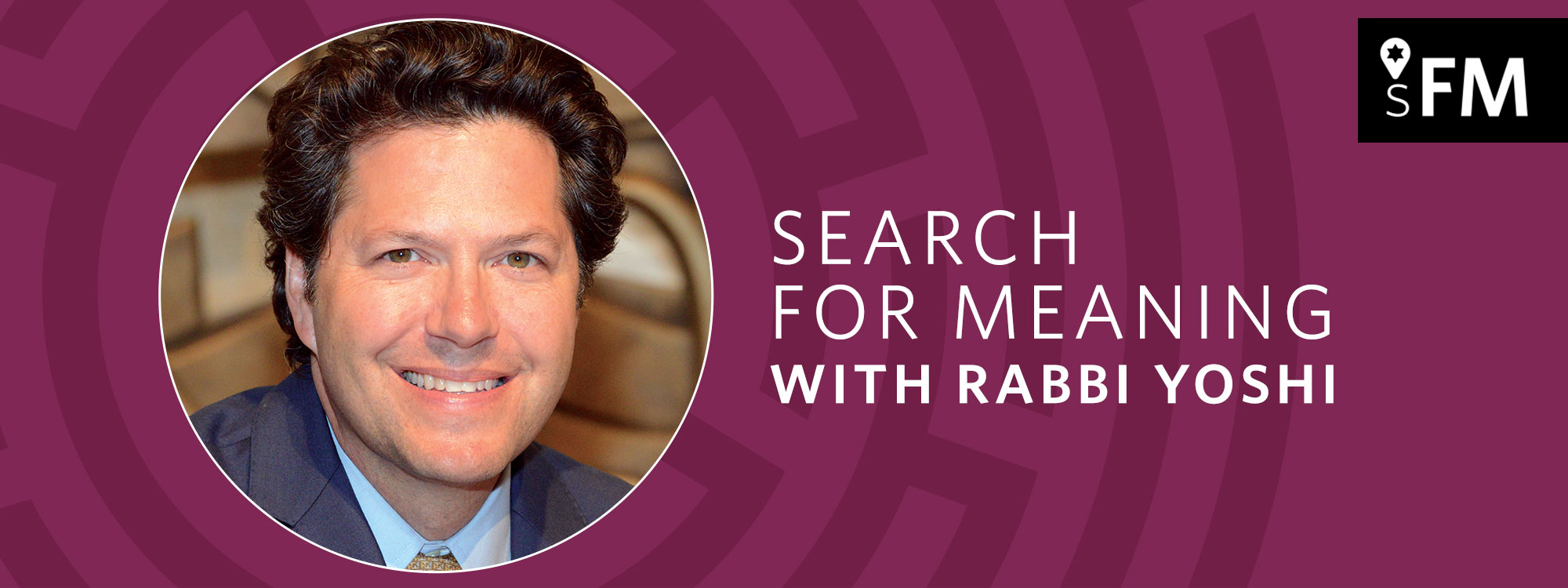One of my favorite Hebrew expressions is על טעם וריח אין להתווכח (al ta’am v’reiach ein l’hitvakeach)—“there is no point arguing about taste and smell.” If I like brussels sprouts and you don’t, what’s the use of arguing? It’s a matter of taste.
Well here’s something worth arguing about. Last week in Philadelphia, the city of brotherly love, an Israeli food truck was disinvited from the “Eat Up the Borders” food festival. The Moshava Israeli Inspired Cuisine food truck, which was initially included in the event, was asked to bow out because of concerns that it would lead to protests from those who felt it inappropriate to feature Israeli cuisine—at a festival that celebrates food from around the world.
When I first read about the incident, I thought it might have been an article from The Onion, but, sadly, this actually happened in our country this week. (And make no mistake, incidents like these are daily occurrences in the form of statements or resolutions from the UTLA, the Berkeley Rent Stabilization Board, or any number of student organizations at universities across our nation.)
I’ve written and spoken about antisemitism that comes from the political right: white nationalist, Neo-Nazis waving confederate flags, holding tiki torches and chanting, “Jews will not replace us.”
But antisemitism also comes from the political left, where falafel balls and shakshuka on an Israeli food truck are depicted as symbols of occupation and injustice, and where Israeli cuisine is a form of cultural appropriation while Jews are falsely accused of not being indigenous to the Land of Israel. This is the antisemitism that defines Zionism as racism and colonialism and Israel as an apartheid state.
We need to label all such rhetoric for what it is: antisemitism, pure and simple. Food trucks from places like China, Afghanistan, Turkey, and Syria are welcome at such festivals without concerns that their presence will lead to protests notwithstanding the horrendous human rights abuses perpetrated regularly by the governments of each of these countries.
With all we have to worry about in the world today, concerns for the exquisite sensitivity of those who might be triggered by Israeli food is beyond ridiculous.
As a result of this controversy, the festival was canceled. This is sad, and it’s also a loss for all those who wanted to enjoy their favorite foods at this moment when our cities are finally reopening after 15 months of a pandemic.
But this incident points to something that is a much bigger deal than the cancellation of a local food festival. It demonstrates the insidious nature of bigotry generally, and antisemitism particularly. Events like these have become normalized. The exclusion of Jews and Israelis at gay pride events has been happening for years now. Israeli-owned and themed businesses and restaurants are regularly targeted by those who use their concerns about Israeli governmental policies to justify behavior that is simply hateful and xenophobic.
Imagine the outcry if our community banded together to organize a boycott of a local Thai restaurant, for example, because of our opposition to corruption and human rights abuses on the part of the Thai government?
Unlike disagreements over food, the core values at the root of this episode are worth fighting for. When it comes to bigotry, prejudice, and antisemitism—יש להתווכח (yesh l’hitvakeach)—we must speak out with all of our might.
— Rabbi Yoshi Zweiback

